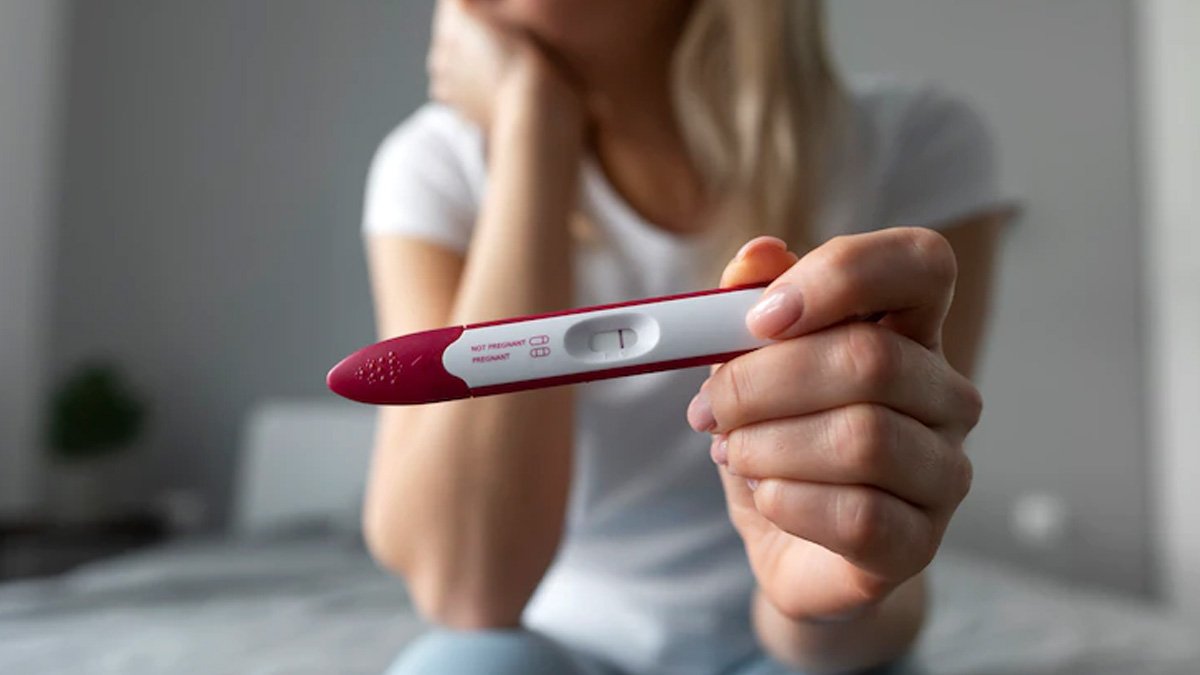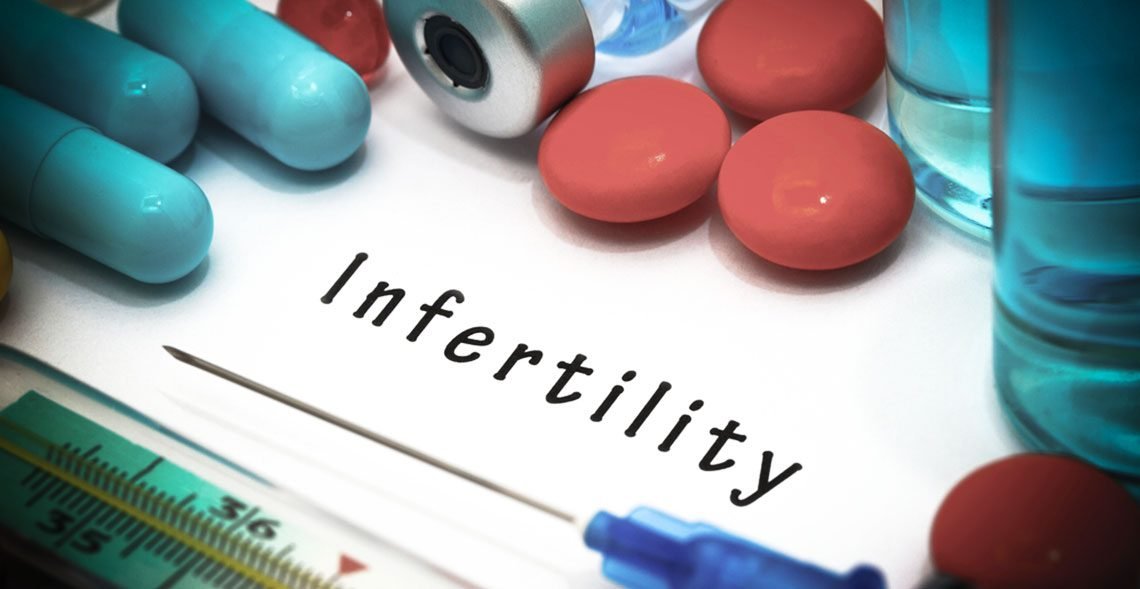Hormones play a vital role in regulating almost every function in a woman’s body—from menstrual cycles and fertility to mood, metabolism, and bone health. When these hormones go out of balance, the effects can be subtle at first but may gradually impact overall well-being. Many women ignore early symptoms, assuming they are due to stress, age, or lifestyle. However, untreated hormonal imbalance can lead to long-term health issues. If you are experiencing persistent changes in your body or mood, consulting an experienced gynecologist in Faridabad like Dr. Shweta Mendiratta can help identify and manage the root cause.
What Is Hormonal Imbalance?
Hormonal imbalance occurs when there is too much or too little of one or more hormones in the body. Common hormones involved include:
- Estrogen
- Progesterone
- Thyroid hormones
- Insulin
- Prolactin
Even small changes in hormone levels can significantly affect physical and emotional health.
Common Signs of Hormonal Imbalance in Women
Hormonal imbalance does not look the same in every woman. However, certain symptoms should never be ignored.
🔹 Irregular or Missed Periods
Unpredictable cycles, heavy bleeding, or skipped periods may indicate conditions like PCOS, thyroid disorders, or perimenopause.
🔹 Unexplained Weight Gain or Difficulty Losing Weight
Sudden weight changes, especially around the abdomen, may be linked to insulin resistance, thyroid imbalance, or cortisol issues.
🔹 Persistent Fatigue
Feeling tired despite adequate rest can be a sign of thyroid imbalance or low progesterone levels.
🔹 Mood Swings, Anxiety, or Depression
Hormonal fluctuations can affect neurotransmitters in the brain, leading to irritability, anxiety, or low mood.
🔹 Acne and Skin Changes
Adult acne, oily skin, or sudden breakouts may indicate androgen or estrogen imbalance.
🔹 Hair Fall or Excess Facial Hair
Hair thinning on the scalp or excessive hair growth on the face and body can be linked to hormonal disorders like PCOS.
🔹 Difficulty Conceiving
Hormonal imbalance is one of the leading causes of female infertility.
🔹 Sleep Problems
Difficulty falling or staying asleep may be linked to progesterone or cortisol imbalance.
According to Dr. Shweta Mendiratta, early diagnosis of hormonal imbalance significantly improves treatment outcomes and quality of life.
Causes of Hormonal Imbalance in Women
Several factors can disrupt hormonal balance, including:
- Polycystic Ovary Syndrome (PCOS)
- Thyroid disorders
- Stress and lifestyle changes
- Poor diet and lack of exercise
- Pregnancy and postpartum changes
- Perimenopause and menopause
- Certain medications
When Should You See a Gynecologist in Faridabad?
You should consult a gynecologist if you experience:
- Persistent menstrual irregularities
- Symptoms affecting daily life
- Difficulty getting pregnant
- Sudden physical or emotional changes
- Worsening symptoms despite lifestyle changes
A specialist like Dr. Shweta Mendiratta, an experienced gynecologist in Faridabad, can provide accurate diagnosis and personalised treatment.
How Is Hormonal Imbalance Diagnosed?
Diagnosis may involve:
- Detailed medical history
- Physical examination
- Blood tests to check hormone levels
- Ultrasound or other imaging if required
Proper evaluation helps identify the exact cause rather than treating symptoms alone.
Treatment Options for Hormonal Imbalance in Faridabad
Treatment depends on the underlying cause, age, and future health goals.
🔹 Lifestyle Modifications
- Balanced diet
- Regular physical activity
- Stress management
- Adequate sleep
🔹 Medications
Hormonal or non-hormonal medications may be prescribed to restore balance.
🔹 Fertility-Focused Treatment
For women planning pregnancy, treatment is tailored to improve ovulation and reproductive health.
🔹 Menopause & Perimenopause Care
Specialised management helps relieve symptoms and prevent long-term complications.
Dr. Shweta Mendiratta focuses on individualised, evidence-based treatment rather than one-size-fits-all solutions.
Patient Queries About Hormonal Imbalance
❓ Can hormonal imbalance fix itself?
Mild imbalances may improve, but persistent symptoms require medical evaluation.
❓ Is hormonal imbalance common?
Yes. Many women experience it at some stage of life, especially during reproductive transitions.
❓ Can stress alone cause hormonal imbalance?
Chronic stress can significantly disrupt hormone levels.
FAQs – Hormonal Imbalance Treatment in Faridabad
Q1. Can hormonal imbalance cause infertility?
Yes. It is one of the most common causes of difficulty in conceiving.
Q2. Are hormonal treatments safe?
When prescribed by a qualified gynecologist after evaluation, they are generally safe.
Q3. How long does treatment take?
It depends on the cause and severity. Some women improve within months, while others need longer care.
Q4. Do I need lifelong medication?
Not always. Many cases improve with lifestyle changes and short-term treatment.
Q5. Who should I consult for hormonal imbalance in Faridabad?
A qualified gynecologist like Dr. Shweta Mendiratta is the right specialist to consult.
Why Choose Dr. Shweta Mendiratta in Faridabad?
Dr. Shweta Mendiratta is known for:
- Expertise in women’s hormonal health
- Compassionate, patient-centric approach
- Accurate diagnosis and ethical treatment
- Experience in managing PCOS, infertility, and menopause
- Focus on long-term wellness
Her holistic approach ensures women receive care that addresses both symptoms and root causes.
Importance of Location-Based Care in Faridabad
Choosing a local gynecologist in Faridabad ensures:
- Easy access for follow-ups
- Continuity of care
- Faster diagnosis and treatment
This plays a crucial role in managing hormonal health effectively.
Final Thoughts
Hormonal imbalance is common—but ignoring symptoms is not safe. Early medical guidance can prevent complications, improve fertility, and enhance overall quality of life.
If you are experiencing symptoms of hormonal imbalance and looking for expert care in Faridabad, consulting Dr. Shweta Mendiratta can help you regain balance and confidence.










